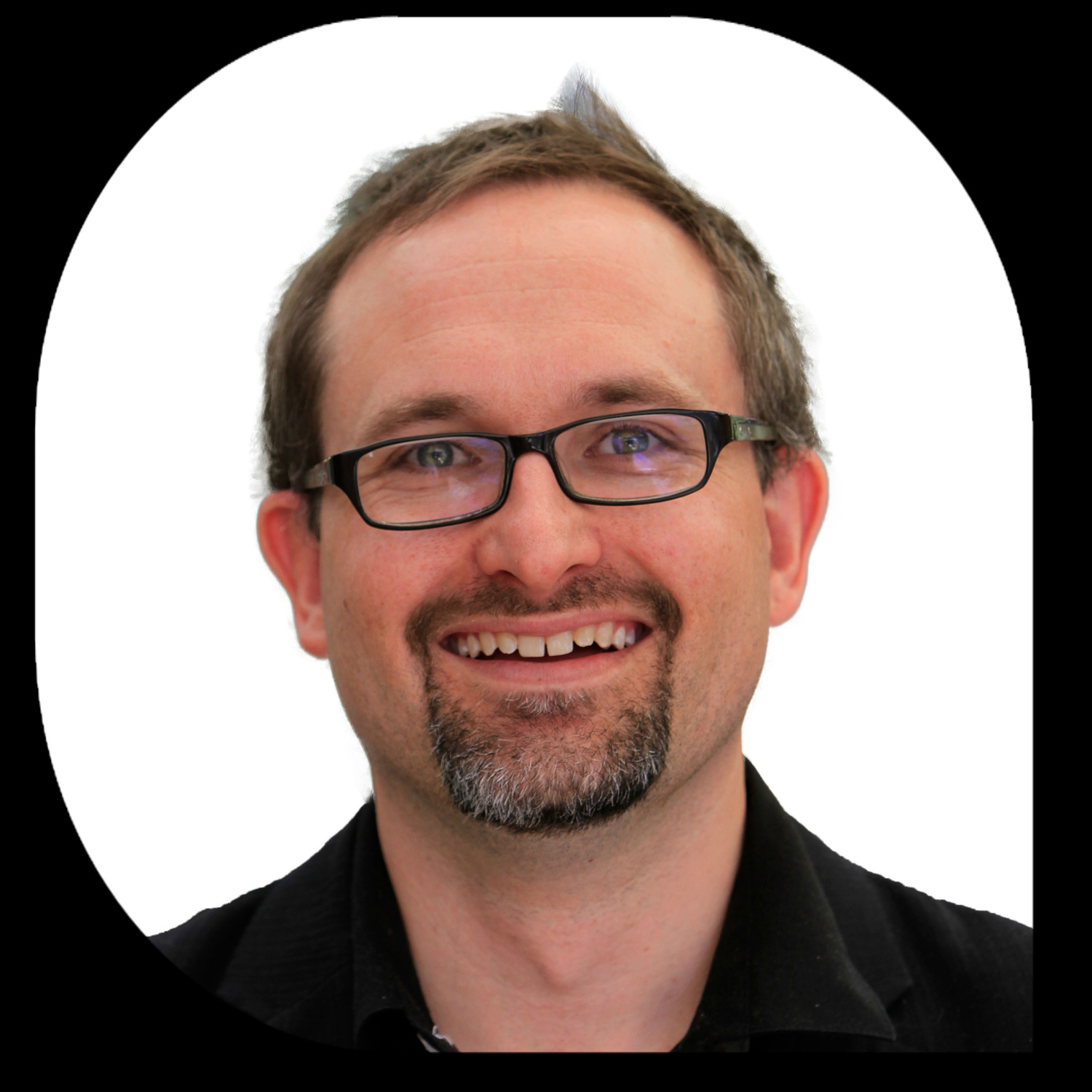Google 20% Rule in Schools - Project Breakthroughs
Since 2011 I've been posting occasionally on our experiment in Years 9 and 10 and my school to see if we could apply the fabled Google 20% Rule - students spend 20% of their time on a blank slate passion project.
NSW Board of Studies No Barrier
We are exploiting the fact that in NSW, the Board of Studies (BOS) does not require Year 9 and 10 students to fill their school hours entirely with B.O.S. endorsed courses. Once all the boxes are ticked, there's still at least 500 hours across the two years available as a blank slate. You can do a lot with 500 hours!
Building a 'Soft' Syllabus / Assessment Grid
My colleague Talar Khatchoyan has done a wonderful job creating a 'soft' syllabus & assessments to suit the course. I mean 'soft' as in 'soft-coded' - the outcomes adapt to any project!
Which is fortunate, because from previous posts you'll see we've had social justice campaigns, albums recorded, robots constructed, novels written. So I thought I had seen it all, when I recently read a proposal by a student to study and decode horse body language. What an amazing idea! "Approved!"
2013 Example - Jacob's Ultima-Bot
Here is one example of a project - a ridable robot:
Jacob's project has these elements, typical for the program:
- a learning log - http://reminvent.weebly.com/ultimabot-blog.html (please do drop by of course)
- expert input 'pulled' from appropriate sources as needed (contrast to schooling where expertise is 'pushed' out on a teacher's schedule)
- ongoing mentoring by experts, sought out by Jacob. (Since 2011 where I mentioned the 'granny cloud' we now ask the students to seek out an appropriate expert mentor wherever possible, and this is working very well, very efficiently)
- a project mentor, in Jacob's case this is me, who is separate from an expert in the field. The project mentor acts as a kind of Socrates, asking questions about planning, materials, skills needed, identifying 'unknowns' and areas for further inquiry, setting targets and defining concrete 'next actions', setting the bar ever higher, looking for opportunities for publication, etc.
Field Expert versus Project Mentor
Notice we deliberately separate out the two roles of:
subject expert,
from
project mentor.
This has enormous strategic importance as we explore scaling the program up to encompass, potentially, hundreds of students, who at any given time might be seeking expert input from an ever-shifting veritable spectrum of disciplines, but can still be anchored to a generic project mentor.
Great Things Afoot
...I'll post more on the project soon!





